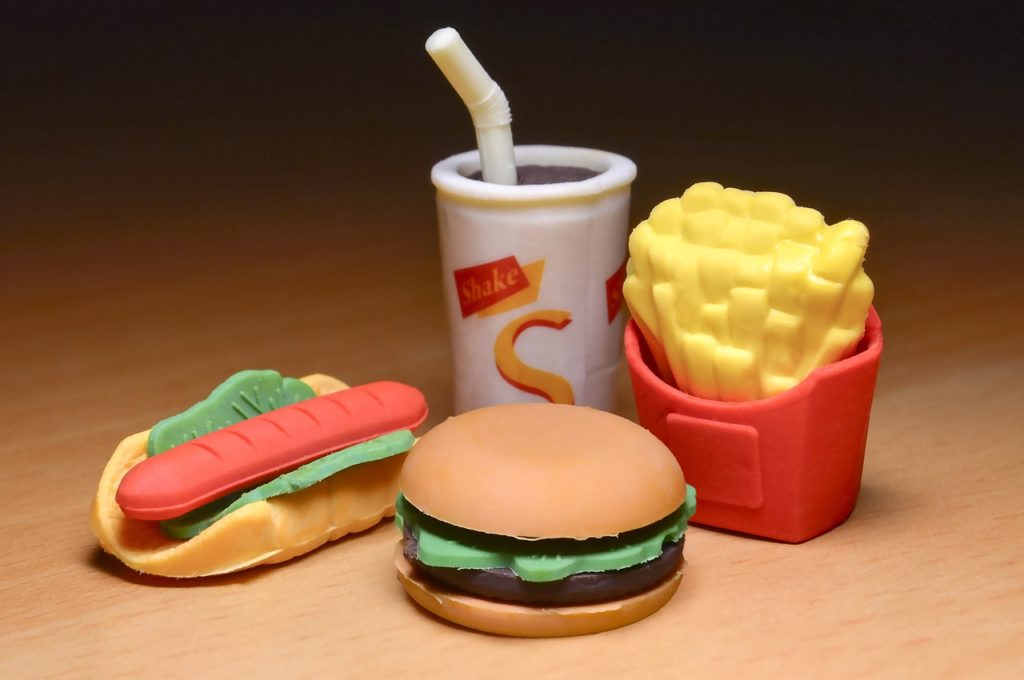Last month (October 2018), the first evidence of plastic pollution inside the human body was presented. This is big! We know plastic is polluting our oceans. We know chemicals in plastic disrupt our hormones. Now there is proof we are actually ingesting microplastic particles.
The study was conducted by researchers at the Medical University of Vienna and the Environment Agency Austria. Stool samples were collected from eight countries around the globe.
- Enontekiö, Finland
- Groningen, Netherlands
- Torun, Poland
- Vienna, Austria
- Birmingham, United Kingdom
- Sassari, Italy
- Krasnoyarsk, Russia
- Tokyo, Japan [note]http://www.umweltbundesamt.at/fileadmin/site/presse/news_2018/UEG_Week_2018_-_Philipp_Schwabl_Microplastics_Web.pdf[/note]
“The results show that every single stool sample tested positive for the presence of microplastic and up to nine different plastic types were identified.”[note]https://www.eurekalert.org/pub_releases/2018-10/sh-mdi101518.php[/note]
Even though every participant’s stool contained plastic particles less than 5mm, the study size was small. Only one person from each country was tested equaling 8 samples: 3 males and 5 females ages 33-65. Obviously, this pilot study needs to be repeated on a larger scale; however, the researchers extrapolate “Hence, more than 50% of the world population might have microplastics in their stool.” [note]http://www.umweltbundesamt.at/fileadmin/site/presse/news_2018/UEG_Week_2018_-_Philipp_Schwabl_Microplastics_Web.pdf[/note]
Each participant kept a food diary. 6 of the participants ingested seafood, which is significant because plastic particles have been found in tuna, lobster and shrimp. [note]https://www.theglobeandmail.com/opinion/article-gut-check-the-new-crisis-of-plastic-in-the-human-body/[/note] All 8 people had eaten food that had been wrapped in plastic, as well as drank on average 750ml a day from PET plastic bottles. [note]http://www.umweltbundesamt.at/fileadmin/site/presse/news_2018/UEG_Week_2018_-_Philipp_Schwabl_Microplastics_Web.pdf[/note]
Lead researcher Dr. Philipp Schwabl, who is presenting the findings at the 26th UEG Week, commented: “This is the first study of its kind and confirms what we have long suspected, that plastics ultimately reach the human gut. Of particular concern is what this means to us, and especially patients with gastrointestinal diseases. While the highest plastic concentrations in animal studies have been found in the gut, the smallest microplastic particles are capable of entering the blood stream, lymphatic system and may even reach the liver. Now that we have first evidence for microplastics inside humans, we need further research to understand what this means for human health.”[note]https://www.eurekalert.org/pub_releases/2018-10/sh-mdi101518.php[/note]
This is of grave concern. Think of how much of the food you consume each day comes in contact with plastic. The prevalence of plastic is astounding. As Mr. McGuire said in the Graduate, “There’s a great future in plastics. Think about it. Will you think about it?” Will you think about it? What is the future to our health?
Rick Smith co-author of Slow Death by Rubber Ducky explains:
The component chemicals of plastics – such as bisphenol A (BPA) – have long been found in the human body. Until now, scientists thought this was because these chemicals leached from commonly used plastic items.
Little did we know that humans are regularly ingesting the plastic itself.
The scale of plastic use is stunning. Globally, we are now producing nearly 300 million tonnes of plastic every year, half of which is for single use. More than eight million tonnes of plastic is dumped into our oceans every year. If nothing is done, plastics in the ocean will outweigh the amount of fish by 2050. Canadians alone generate more than three million tonnes of plastic waste every year, including 57 million plastic straws each day. Up to two billion (yes, that’s “billion” with a “b”) coffee cups are used by Canadians every year, most of which – complete with plastic lids – wind up in the trash.
[note]https://www.theglobeandmail.com/opinion/article-gut-check-the-new-crisis-of-plastic-in-the-human-body/[/note]
Given the widespread use of plastic, it is difficult to protect oneself. We must think about every purchase and encourage governments to ban single-use.
Image: Pexels / Pixabay

Leave a Reply